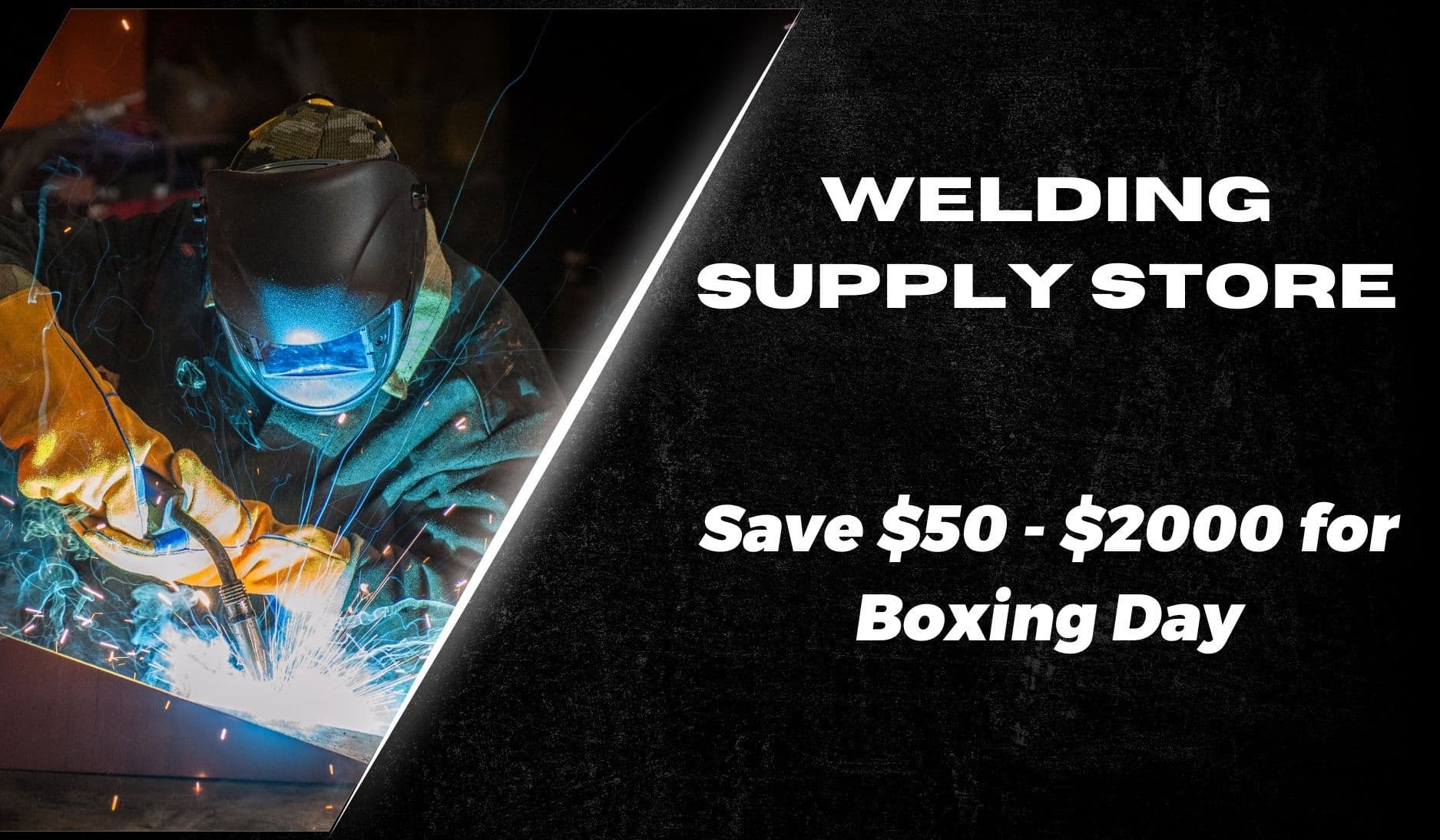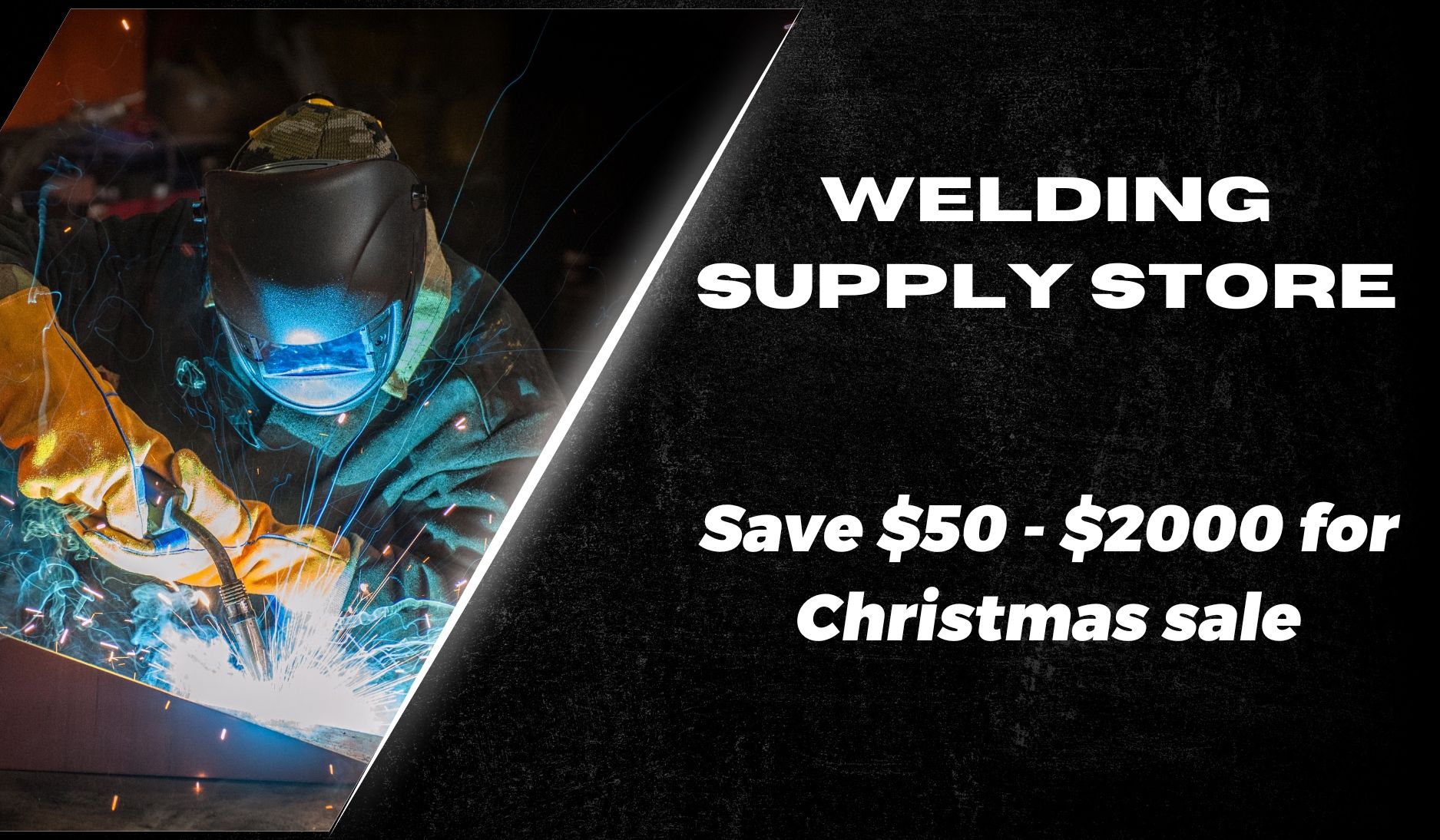
Welding Shop Etiquette: Tips for a Safe and Respectful Workspace
In the intricate world of welding, the importance of maintaining a safe and respectful workspace cannot be overstated. A welding shop is a hub of creativity and craftsmanship where skilled individuals bring metal to life. Whether you're a seasoned welder or a novice enthusiast, adhering to proper etiquette ensures your safety and contributes to a positive and productive environment. In this article, we'll delve into essential tips for creating a welding shop that prioritizes safety, respect, and efficient work—all while keeping a keen eye on the necessary tools and equipment.
Safety First, Always:
Before we dive into the nuances of welding shop etiquette, let's establish the primary rule – safety should always be the top priority. Accidents can happen quickly, so equipping yourself with the proper safety gear from a reputable welding supply like weldingforless.com is paramount. Ensure you have a well-fitted welding helmet, flame-resistant clothing, gloves, and appropriate footwear. Your safety gear is not just necessary; it's your first defense against potential hazards.
Know Your Workspace:
Familiarize yourself with the layout of the welding shop. Understand the locations of emergency exits, fire extinguishers, and first aid kits. This knowledge can be crucial in the event of an emergency. Keep the pathways clear to avoid tripping hazards, and ensure that equipment is stored in designated areas to maintain an organized and efficient workspace.
Respect Shared Spaces:
In a welding shop, it's common to share equipment and workspaces. Please respect the time and effort others have put into organizing their workstations. Return tools and equipment to their welding supply store designated spots after use, and clean up any mess you make promptly. A tidy and organized workspace fosters a positive working environment and reduces the risk of accidents.
Communicate Clearly:
Effective communication is vital in any collaborative workspace. Before starting a welding project, discuss your plans with colleagues to ensure everyone knows the work. If you need to move large or heavy equipment, alert those around you. Clear communication helps prevent misunderstandings and promotes a harmonious working atmosphere.
Mind Your Noise Level:
Welding shops can be noisy environments, with the sounds of equipment, welding machines, and conversations filling the air. However, excessive noise can be disruptive and interfere with others' concentration. Use appropriate communication methods and considerate volume levels to maintain a productive and respectful atmosphere.
Be Mindful of Others' Projects:
Welding often involves precision and attention to detail. Avoid interrupting or distracting colleagues who are intensely focused flux core welder on their work. If you have questions or need assistance, wait for an opportune moment to approach them. Likewise, when someone comes to you, take a moment to pause your work and give them your full attention.
Practice Proper Welding Techniques:
Adhering to proper welding techniques produces better results and contributes to a safer workspace. If you're using a flux core welder, ensure you understand its specifications and limitations. Regularly inspect your welding equipment and promptly address any issues. By practicing good welding habits, you protect yourself and contribute to a shop environment where others feel secure.
Dispose of Waste Responsibly:
Welding generates waste, including metal scraps, used welding rods, and protective materials. Dispose of these materials responsibly by using designated bins or containers. Recycling metal scraps whenever possible is an environmentally friendly practice that also contributes to the cleanliness of the shop.
Avoid Unnecessary Distractions:
Welding requires focus and concentration. Avoid using personal electronic devices, engaging in lengthy conversations, or other activities that could distract you or your colleagues from the task. Maintaining focus contributes to a safer and more efficient work environment.
Continuous Learning:
The world of welding is constantly evolving, with new techniques and technologies emerging regularly. Stay updated on the latest developments by engaging in continuous learning. Attend workshops, read relevant literature, and seek advice from experienced colleagues. Knowledge is a powerful tool that enhances your skills and contributes to a

culture of growth within the welding community.
Conclusion:
Creating a safe and respectful welding shop environment is a shared responsibility. By prioritizing safety, maintaining clear communication, and respecting the workspace, welders contribute to a positive atmosphere that fosters creativity and productivity. Remember, the right tools and equipment from a reliable welding supply store, such as weldingforless.com, play a crucial role in ensuring the success of your projects. So, gear up, follow these etiquette tips, and forge ahead into a world of safe and rewarding welding experiences.
Appreciate the creator